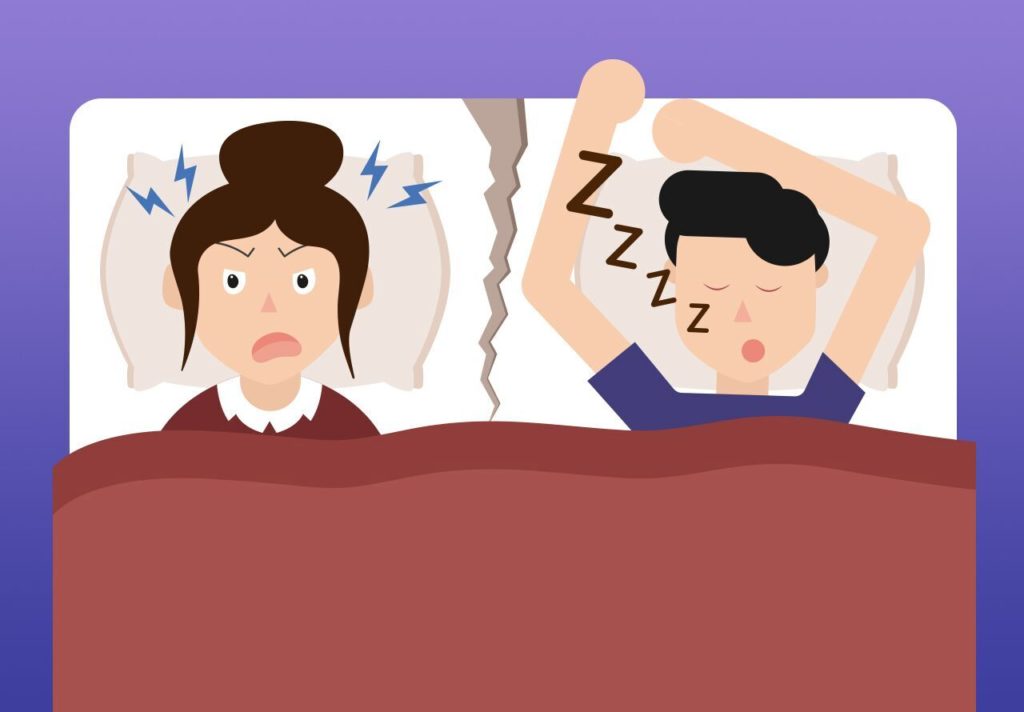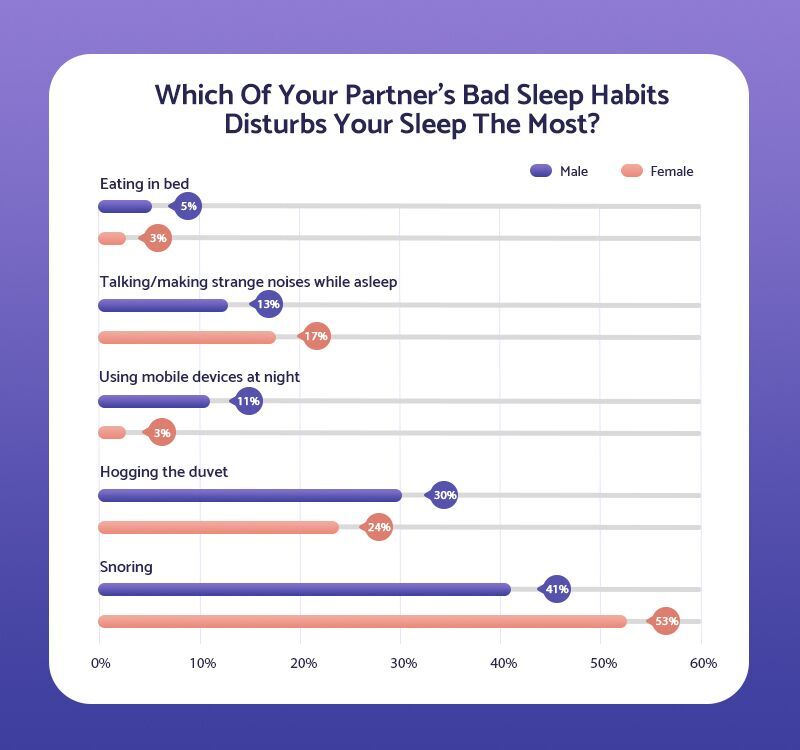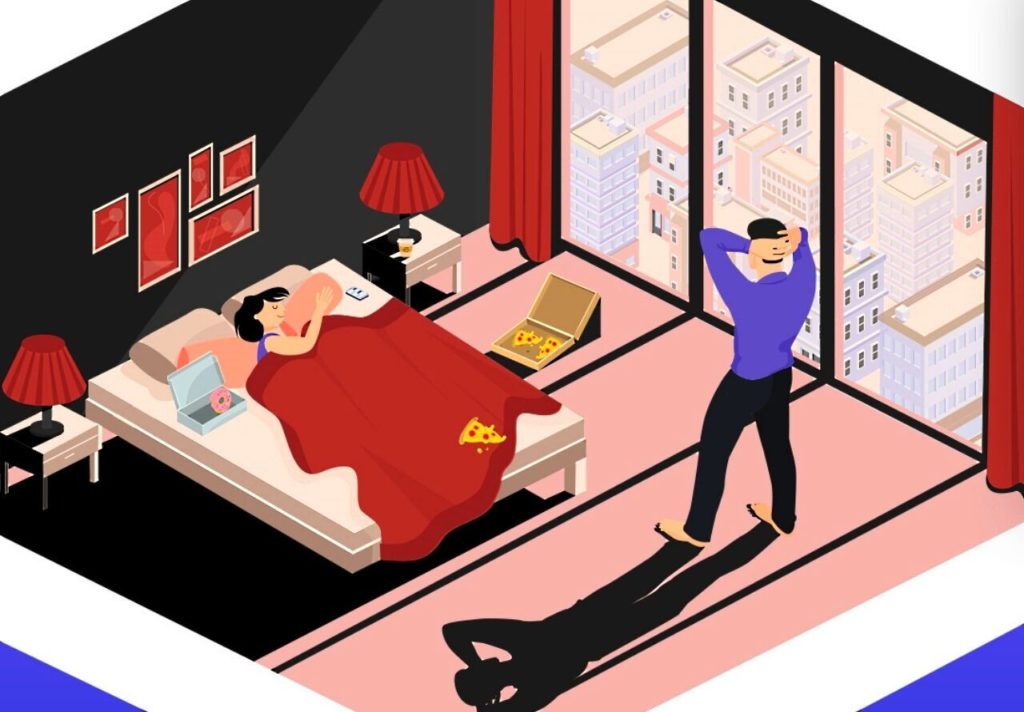
CAPTION
Preliminary findings from a pilot study suggest that cognitive behavioral therapy for insomnia (CBT-I) may slow or even reverse the atrophy of cortical gray matter in patients who have co-morbid fibromyalgia.
CREDIT
Journal of Clinical Sleep Medicine
Preliminary findings from a pilot study suggest that cognitive behavioral therapy for insomnia (CBT-I) may slow or even reverse the atrophy of cortical gray matter in patients who have co-morbid fibromyalgia.
Results suggest that eight weeks of CBT-I can alter central nervous system structure in patients with fibromyalgia and insomnia. Individuals who received CBT-I demonstrated increases in cortical thickness following treatment, while individuals in a control group showed thinning of the cortex relative to baseline. Surprisingly, cognitive behavioral therapy for pain (CBT-P) failed to produce similar results as CBT-I.
“Our preliminary results suggest that while CBT-P seemed to merely reduce cortical atrophy, CBT-I produced increases in cortical thickness following treatment,” said principal investigator Christina McCrae, PhD, professor in the department of psychiatry at the University of Missouri and director of the MizZzou Sleep Research Lab.
The study results are published in the Sept. 15 issue of the Journal of Clinical Sleep Medicine.
According to the authors, insomnia frequently occurs together with fibromyalgia. The Cognitive Activation Theory of Stress (CATS) posits that complaints such as pain and fatigue may result from a shared underlying psychobiological sensitization. Research using magnetic resonance imaging (MRI) also has demonstrated that fibromyalgia is associated with atrophy of cortical gray matter in certain brain regions.
This analysis used data from a larger clinical trial investigating the efficacy of CBT-I and CBT-P for fibromyalgia and chronic insomnia. From 2009 to 2012, participants were recruited from the community for the parent study, and a subset of participants also underwent MRI before and after eight weeks of treatment.
Thirty-seven patients were randomly assigned to CBT-I, CBT-P or a waiting list control group. Both interventions consisted of eight weekly, 50-minute individualized sessions with a trained therapist.
CBT-I consisted of sleep hygiene education, stimulus control, autogenic relaxation, sleep restriction, and cognitive therapy. CBT-P included pain education, progressive muscle relaxation, adaptive techniques for pacing activity, visual imagery relaxation, and cognitive restructuring.
The authors noted that these preliminary findings have clinical implications for people who have fibromyalgia.
“Demonstration that CBT-I, a relatively brief intervention, can reverse or resolve pain-related, maladaptive neural plasticity has important implications for chronic pain sufferers,” McCrae said.
McCrae recently received a new research grant from the National Institute of Nursing Research (NINR) to study the treatment of chronic pain using CBT-I. The trial will explore McCrae’s idea that improving sleep in women with fibromyalgia will also improve their pain by promoting positive changes in how the brain processes and responds to pain.
###
This research was supported by the National Institute of Arthritis and Musculoskeletal and Skin Diseases (R01AR055160 and R01AR055160-S1; McCrae, PI; Robinson, Co-PI).
To request a copy of the study, “Gray Matter Changes Following Cognitive Behavioral Therapy for Patients With Comorbid Fibromyalgia and Insomnia: A Pilot Study,” or to arrange an interview with the study author or an AASM spokesperson, please contact Communications Coordinator Corinne Lederhouse at 630-737-9700, ext. 9366, or clederhouse@aasm.org.





